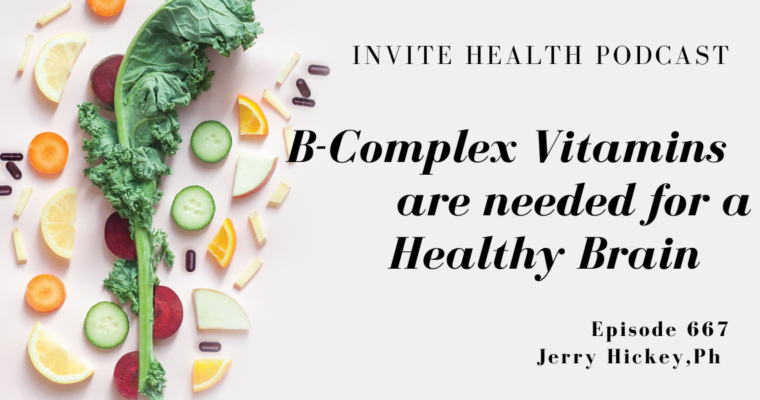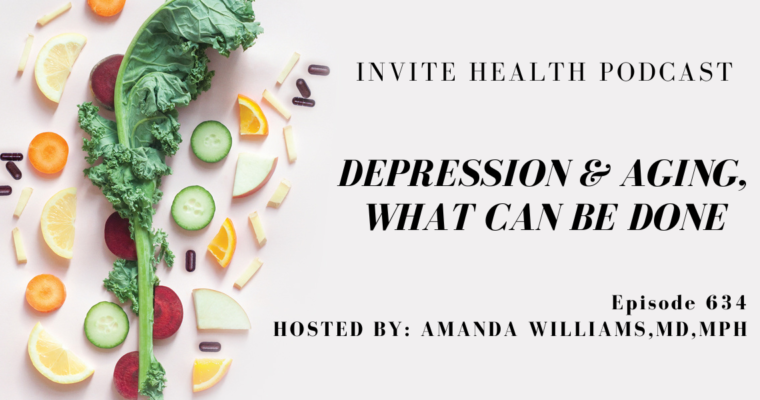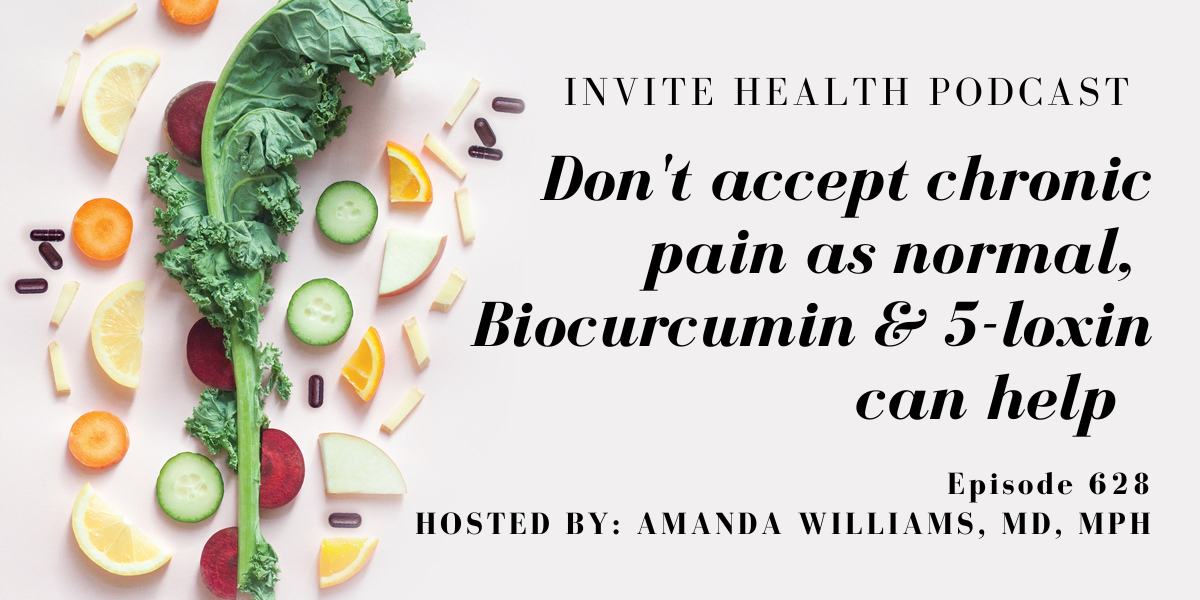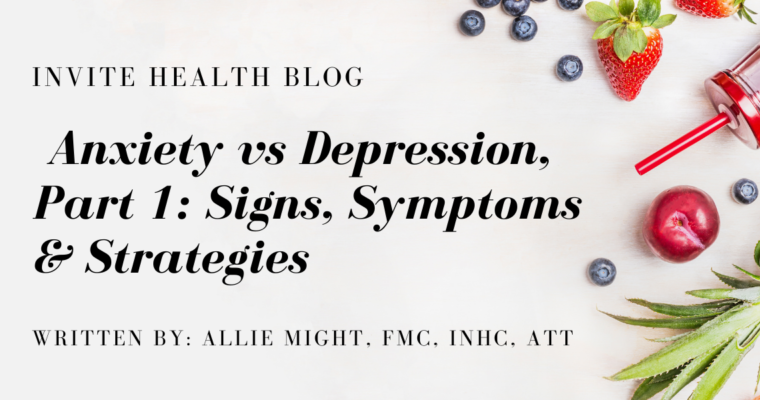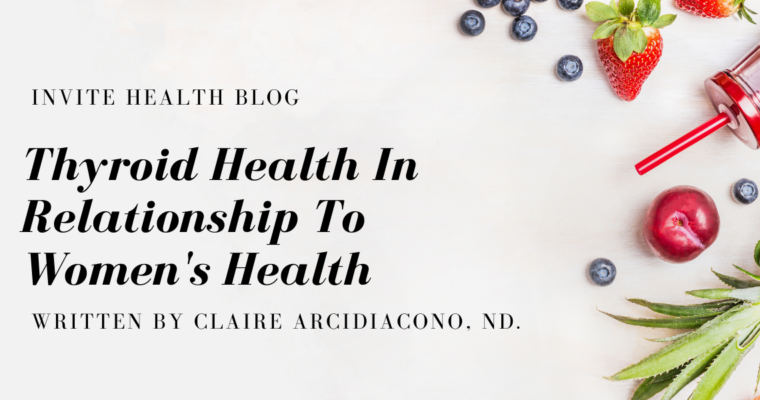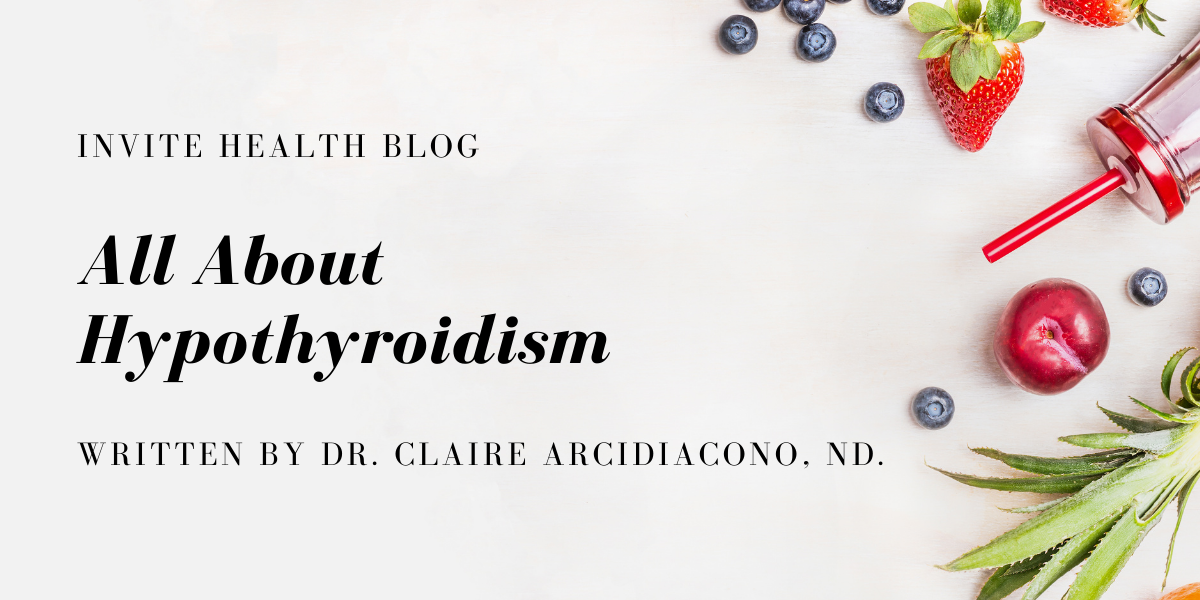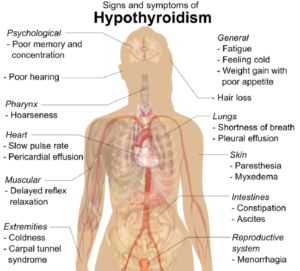Subscribe Today!
Please see below for a complete transcript of this episode.
DON’T ACCEPT CHRONIC PAIN AS NORMAL, BIOCURCUMIN & 5-LOXIN CAN HELP, INVITEⓇ HEALTH PODCAST, EPISODE 628
Hosted by Amanda Williams, MD, MPH

*Intro Music*
InViteⓇ Health Podcast Intro: [00:00:04] Welcome to the Invite Health podcast, where our degreed health care professionals are excited to offer you the most important health and wellness information you need to make informed choices about your health. You can learn more about the products discussed in each of these episodes and all that InVite Health has to offer, at www.invitehealth.com/podcast. First time customers can use promo code podcast at checkout for an additional 15% off your first purchase. Let’s get started. † [00:00:34]
*Intro Music*
Amanda Williams MD, MPH: [00:00:40] There are so many things that can happen over the course of our lives that can be for the better or for the worse and when it comes to chronic debilitating pain, this is an area that often times people accept as normal aging. Do you have achy joints? Maybe you’ve been told, well, that’s just because you’re over 50 or maybe you’re over 70. And this is just normal and it’s not, we can do much better when it comes to our approach to not dealing with chronic pain. And I’m going to explain to you how you can achieve that. I’m Dr. Amanda Williams, scientific director at Invite Health and chronic arthritis pain is very prevalent, arthritis in general is incredibly prevalent. We know that there are millions of Americans who are dealing with arthritis each and every single day. And remember, this is doctor diagnosed arthritis, so there’s a lot more people out there who are dealing with joint pain and inflammation every day, or perhaps they’ve just never been told by a doctor that this is an identifiable arthritis. But certainly, we know that when it comes to osteoarthritis, this is very, very common. And then you have rheumatoid arthritis as well, which is autoimmune in nature. And we’ve always been kind of told that osteoarthritis is just normal wear and tear, this is just part of growing old and while there are many factors that can lead to joint destruction, much of this is self-induced and we can certainly do our best to try to reverse a lot of that damage that’s been done. Thinking about just structural support of the joints through the use of formulations like Collagen Hx, given that type one collagen back into the system is really critical to maintaining joint functionality, as we grow older. But we have to recognize that when it comes to the pain component, this is the biggest issue. They’ve estimated that, greater than 50% of folks who have arthritis report that they have moderate to severe arthritis pain on a regular basis. Over 50% of people who have arthritis complain about this being at a pretty high level of discomfort for them on a daily basis, which is why upwards of, you know 90% of folks who have arthritis say that because of this, this affects the quality of their life, so should we just accept this is just part of normal aging? No. What can we do? Well, we don’t do what has always been the commonplace in the past, which is less movement in the joint, stay more sedentary to avoid having pain get worse which is what many people do, they have arthritis, so they become even more sedentary. That’s one of the worst things that we can do. Not changing our diet, not recognizing that the foods that we are eating are lighting a match every single day and throwing it into a bunch of dry leaves, we wonder why they catch on fire. That’s what your foods can do, so we have to be smarter with having an anti-inflammatory diet, having foods that are high in healthy fats that can help ease inflammation, high antioxidants to fight off oxidative stress that are doing further damage within the joints and of course, we don’t want to be turning towards non-steroidal anti-inflammatory drugs as our mainstay of treatment. † [00:04:23]
[00:04:24] When you look at the statistics of NSAID use in this country, it’s quite alarming. We know that every single year, the NSAID use leads to over 16,000 deaths in this country, that’s more than we lose women to cervical cancer. So, you think about a cancer, and we lose more Americans every year who succumb to NSAIDS, nonsteroidal anti-inflammatory drugs. Those are your over-the-counter medications that so many Americans are basically in a sense, living off of to deal with their arthritic pain. We know that there are many different complications that arise with long term NSAID use from stomach ulcers, other GI complications, certainly significant kidney and liver implications. So, what can we be doing? How can we get those who are dealing with chronic arthritic pain? We know this is millions of Americans. How do we get them to not use an NSAID every single day? And how do we get them up and moving to make sure that we have good fluidity occurring within a joint? So, a lot of this comes down to lifestyle modifications as kind of pushing yourself through that pain. Maybe right now you can’t walk all the way around the block but maybe you could walk down to your mailbox, so you start with that. You go to the mailbox and back, and then maybe in a week you can make it down halfway down your street, and then before you know it, you’re able to do block after block. And this is key to allowing the joint to not become more damage. That sedentary lifestyle will worsen the health of the joint. † [00:06:21]
ICYMI:WHAT TO KNOW ABOUT BIO-CURCUMIN-5-LOXIN- INVITE HEALTH PODCAST, EPISODE 578>>LISTEN NOW
[00:06:22] We have to zero in on those foods, we have to make sure that we are not having those ultra processed foods. Those bad carbohydrates, low sugar sweetened beverages. They are making things much, much worse for you if you have a chronic inflammatory condition such as arthritis. So, we want to have a better adherence to a Mediterranean style way of eating, having those fruits and those vegetables, snacking on things such as seeds and nuts, can really help to support the health of your joints and get you out of that pain and inflammation world, to which you may be living in. And then when it comes to, well, what do I replace my NSAID with? Maybe I have been, you know, taking NSAIDs every single day for the past five years because I have knee pain. What can I use? Well, I have a solution for you, and that is the Invite Health Biocurcumin-5-loxin. This formulation is a combination of curcumin extract along with Boswellia extract. So, there are two registered trademark forms, you have the BCM 95, which is our curcumin, and then you have 5-loxin, which is a registered trademark form of Boswellia Extract. Now let me explain this, when it comes down to the scary numbers that I gave you, for deaths related to NSAID use. Over 16,000 Americans every single year, and that’s not even to mention how many Americans end up in a hospital because of the detrimental effects. So, we know that there’s over 16,000 people who die because of this. But there are well over 100,000 hospitalizations every single year because of this. So how many deaths or problems arise from someone using curcumin or Boswellia extract? Well, the answer is you’re not going to find them. Tumeric is where curcumin comes from. So, you have the tumeric root, which we know is a spice. So deep inside of that root, you find these curcuminoid oils. And this is where all of that power of our formulation is coming from. And then this is partnered with Boswellia Extract, which is also loaded down with these powerful natural anti-inflammatories. We can see the science that has been done and conducted on both of these nutrients, which is why we have them combined together. So, when I have someone who comes to me and says I am in horrible pain, I threw my back out, what can I do? Biocurcumin/5-loxin and magnesium. If I have someone who comes to me and says I have had hip pain, I have knee arthritis, it’s unbearable, what can I do? Collagen Hx and Biocurcumin/5-Loxin. Now how much do you take, is really going to vary from one person to the next in an acute situation. I often will advise taking two caps twice a day of the Biocurcumin, maybe you stick with this for about a week and then you’ll scale back to one cap twice a day, it really just varies. This is when you want to speak with one of our nutritionists and get proper guidance as to how this formulation is going to best work for your needs. † [00:09:32]
[00:09:33] So let’s look at some of the science on the BCM-95, which is the Biocurcumin that we use in our product. This has been shown in numerous human clinical trials to show its true effect when it comes to its oral bioavailability. What does that mean? It means when you’re taking this capsule, it makes its way through the digestive tract. So, it makes its way through the stomach acids into the intestines, it can be taken up into the bloodstream very effectively. Upwards of seven times greater absorption than a standard turmeric extract. Why does that matter to you? Because if you’re in pain, you want that pain to go away. We know that the BCM 95 does a wonderful job in achieving this for you. What’s also really fascinating is as they’ve been doing this research with the BCM-95 Curcumin, they have found these other side benefits that go along with it, including how beneficial it can be for mood health. So, you have someone who’s in chronic pain, of course it’s going to affect your mood and they have found that when people are supplementing with this form of curcumin extract that it actually helps to reduce depressive symptoms. They’ve gone so far as to actually study this in individuals who have been diagnosed with Major depressive disorder. This was published in the Journal of Phytotherapy Research back in 2016, incredibly impressive research trial done on the therapeutic effects of BCM- 95 Curcumin. We can see that individuals who present with osteoarthritis and generally speaking, most studies are done with knee, osteoarthritis. Because when many people are complaining about arthritic pain, it’s usually within their knee, is the main area. So many of the clinical research trials. Clearly include patients who have osteoarthritis of their knee. And so, they did a comparison study where they gave individuals either a curcumin extract or they gave them an NSAID, so we already know the detrimental effects that can go along with a NSAID. They found that the individuals who were taking curcumin did incredibly well in terms of the reduction in the pain, as well as improvement in the functionality of the joint itself. So, you have to think to yourself, well, how is that working? Because if you think about an NSAID, that’s just taking away the pain, right? But it’s not really doing anything to improve the function. But we know with the curcumin extract, not only is it helping to lessen the inflammatory cytokines, but because of the power of the antioxidants that are naturally occurring in this, it helps with that repair mechanism at a cellular level, highly impressive once again. And we can see the same being said true, when it comes to the 5-loxin formulation which is Boswellia in the journal of evidence based Complementary and Alternative Medicine, they looked at 5-loxin utilization, in preventing joint pain as well as cartilage degeneration in osteoarthritis and the way that it was working, the mechanism by how it was targeting these different inflammatory mediators in the body and once again, highly impressive as being a potential therapeutic agent for the treatment of osteoarthritis.† [00:12:53]
KRILL OIL OR FISH OILS, PICK ONE AND TAKE IT. INVITE HEALTH PODCAST, EPISODE 626>>LISTEN NOW
[00:12:55] So you fast forward and you say, okay, well, let’s look at the Journal of Arthritis Research Therapy, and they actually set up a double blind placebo controlled trial with the utilization of 5-loxin, which is what we use in our formulation, and you can see once again how the 5-loxin reduces that pain and improved the physical functioning in patients who had significant levels of degradation occurring within their joints. What does this mean for us once again, that when we were using this formulation, the Biocurcumin/ 5-loxin, not only are we able to target the pain, target the inflammation, but even more important, we are using, two different herbal extracts from nature that help heal the joint itself. So, when it comes to growing old, we can do this in a way that doesn’t have to be painful. We can do this in a way where we get the most out of life and you can stay out there, stay active, and you can certainly find that with the utilization of Biocurcumin/5-loxin and adherence to a healthy diet as well as exercising. You can be on that right track as well. I want to thank you so much for tuning in to the InViteⓇ Health Podcast. Remember, you can find all of our episodes for free wherever you listen to podcasts or by visiting invitehealth.com/podcast. Now do make sure that you subscribe, and you leave us a review. You can follow us on Facebook, Twitter and Instagram and we will see you next time for another episode of the InViteⓇ Health Podcast. † [00:12:55]
*Exit Music*


